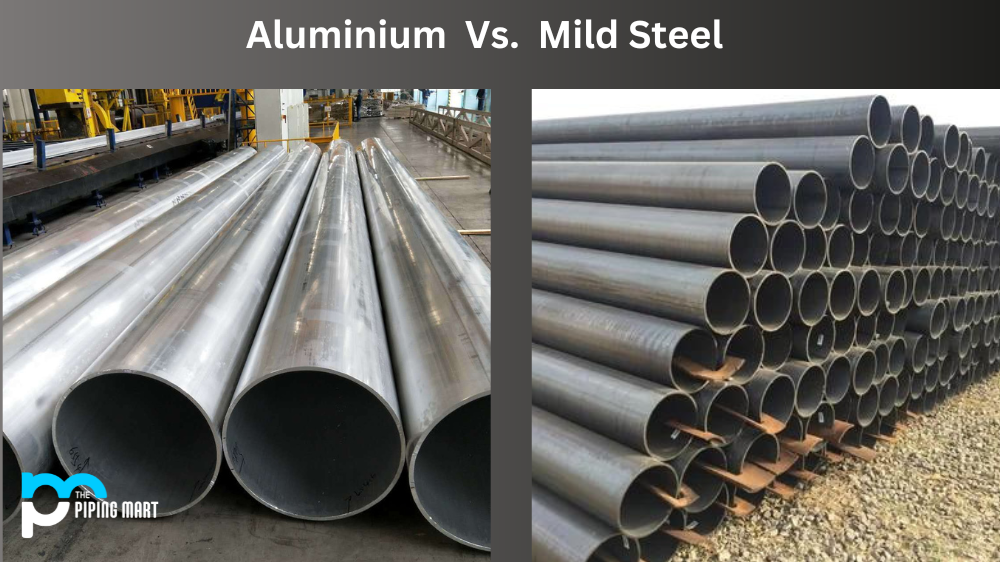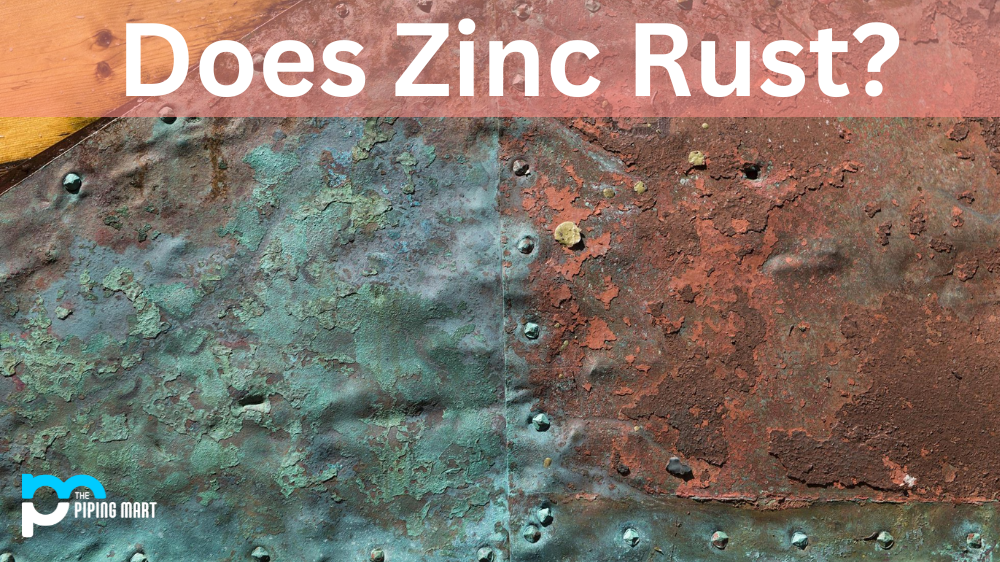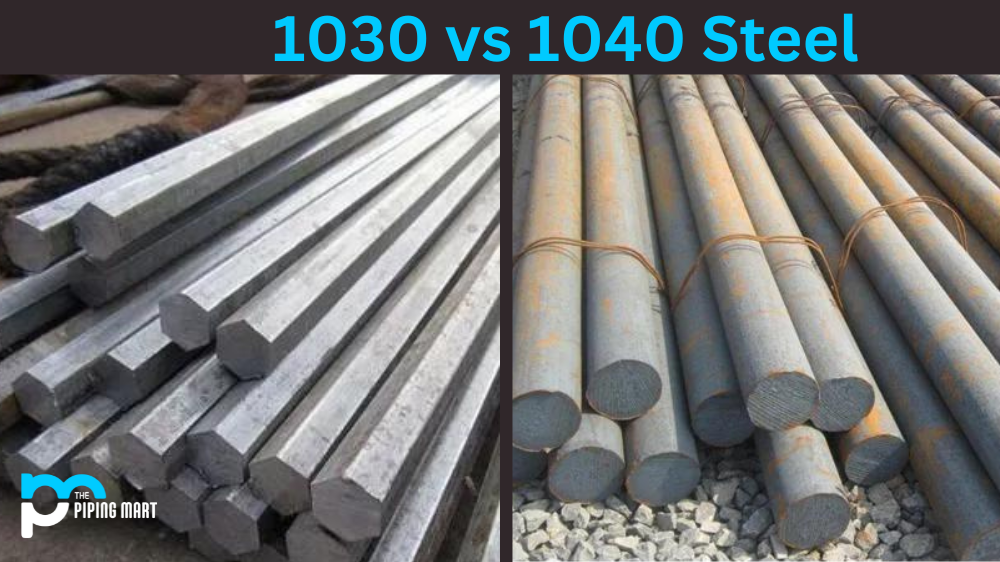If you’re in the manufacturing world, chances are you’ve encountered both aluminum and mild steel. But what’s the difference between these two metals? Let’s explore the major differences between aluminum and mild steel to determine which is best for your project.
Aluminum vs. Mild Steel Properties
Aluminium is a soft, lightweight metal that has several unique properties. It has excellent thermal and electrical conductivity and high corrosion resistance due to its oxide layer. It is also very malleable, allowing it to be formed into various shapes. Aluminium is also highly light; it weighs only one-third as much as mild steel.
Mild steel, on the other hand, is an alloy of iron and carbon. This makes it stronger than aluminium but also much heavier. Mild steel has excellent formability and machinability, making it ideal for structural components or frame applications. It also has good weldability due to its low carbon content but does not have the natural corrosion resistance of aluminum.
Difference in Cost
Aluminium is generally more expensive than mild steel because it requires more processing during production. Additionally, since aluminium is softer than mild steel, it requires more machining time when shaped or cut into specific sizes and shapes. This increased processing time results in higher costs associated with production, which are passed onto consumers in the form of higher prices for products made from aluminum. In contrast, mild steel is cheaper than aluminium because less processing time is required during production, and fewer raw materials must be used to create each item.
Conclusion:
In summary, many differences between aluminum and mild steel, making them suitable for different projects or applications. Aluminium offers superior corrosion resistance but can be more costly due to additional processing during production. At the same time, mild steel is cheaper but more susceptible to corrosion without some protective coating or treatment applied after fabrication. Consider your project requirements carefully when deciding which material best suits your needs!
Sakshee is a talented blogger, with a particular focus on the Business and Metal Industry. She is passionate about sharing her insights on various metal products and helping professionals to make a better decisions.




